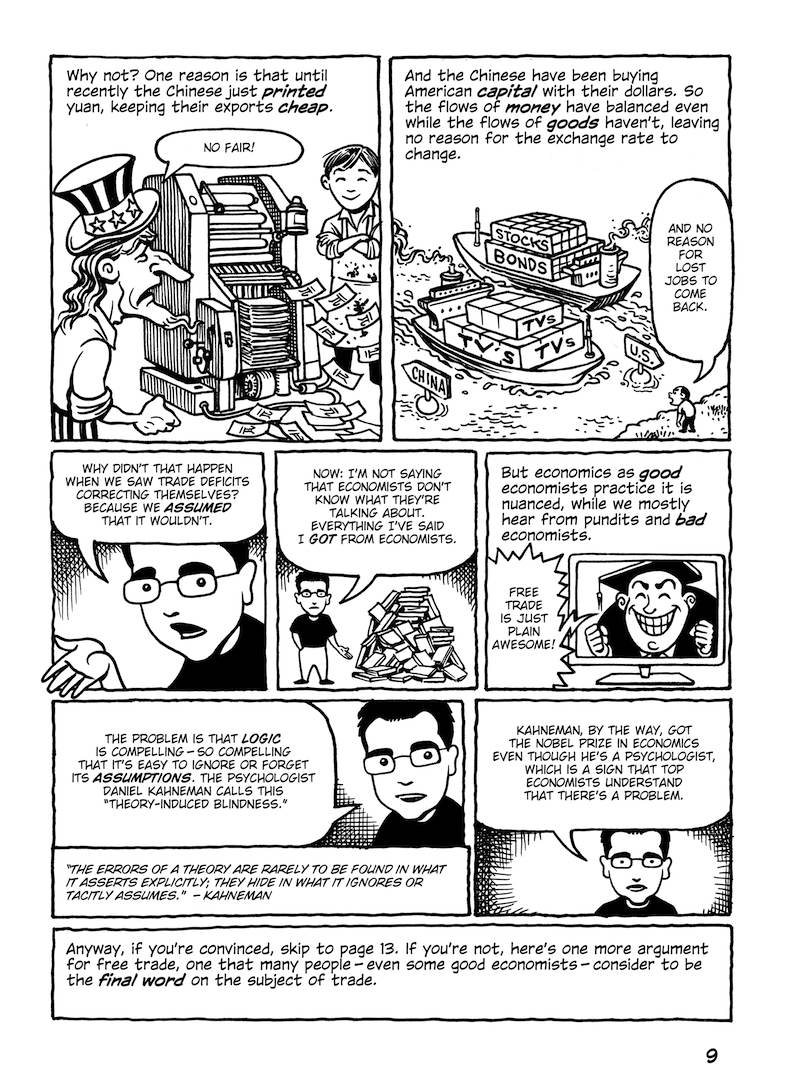cybrxkhan
Asian Xwedodah
I would think "state" and "province" are just arbitrarily chosen words for internal divisions between a country.(well not arbitrary per se, there's historical reasons perhaps why the term was chosen, but I mean that you can call an internal division anything)


